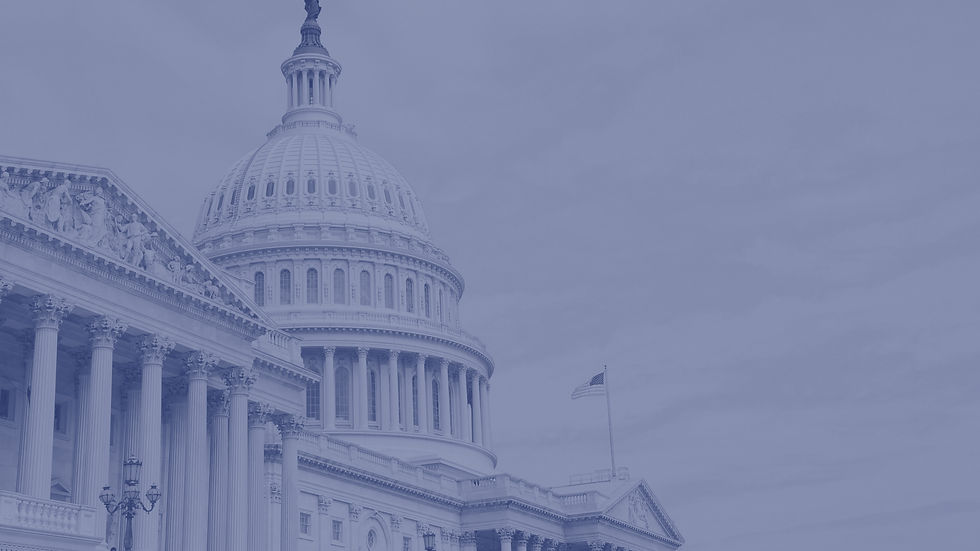Congressional lawmakers are poised for a quiet pay raise tucked inside a 1,547-page spending bill, sparking outrage just days before a looming government shutdown.

**Congressional Pay Raise Hidden in 1,547-Page Spending Bill Sparks Controversy**
A sprawling 1,547-page spending deal released Tuesday night has sparked outrage for including an effective pay raise for members of Congress. The continuing resolution (CR), unveiled just three days before a potential government shutdown, omits a long-standing provision that has blocked automatic salary increases for lawmakers since 2009.
The removal of this provision paves the way for congressional salaries to rise under the automatic "Member Cost-of-Living Adjustment" (COLA), which takes effect unless explicitly blocked. Rep. Rosa DeLauro (D-CT), ranking Democrat on the House Appropriations Committee, acknowledged the reality in 2023, stating, “News flash: a COLA is a pay increase for Members of Congress.”
Critics note that Congress often uses strategic rebranding to push through politically sensitive measures, such as renaming earmarks as “congressionally directed spending.” The latest move is seen as another example of lawmakers using complex, last-minute legislation to quietly benefit themselves.
This isn’t the first time a year-end spending bill has been used to provide perks for Congress. In the 2022 lame-duck session, lawmakers added a provision allowing reimbursement for living expenses like lodging, food, and travel in Washington, D.C., with individual members eligible for up to $34,000 in reimbursements annually.
Currently, rank-and-file members of Congress earn $174,000 annually, while leaders receive higher salaries—$223,500 for the Speaker of the House and $193,400 for the Senate president pro tempore. The COLA adjustment, based on changes in the government’s Employment Cost Index, will now apply annually unless Congress takes specific action to block it.
The spending bill, which must pass the House and Senate before heading to President Joe Biden’s desk, faces an uncertain fate. Speaker Mike Johnson (R-LA), who led Republican negotiations on the deal, has already faced criticism from GOP members over the bill’s timing, contents, and process.
Whether the revelation of the pay raise provision will further undermine support for Johnson’s deal or strengthen his position remains unclear. Congressional approval ratings, consistently languishing in the teens according to Gallup, suggest the move is unlikely to improve public perception.
The House is expected to vote on the CR by Friday, with the Senate to follow shortly after. The clock is ticking as lawmakers race to avert a government shutdown while contending with the backlash over their own financial benefits.


.png)